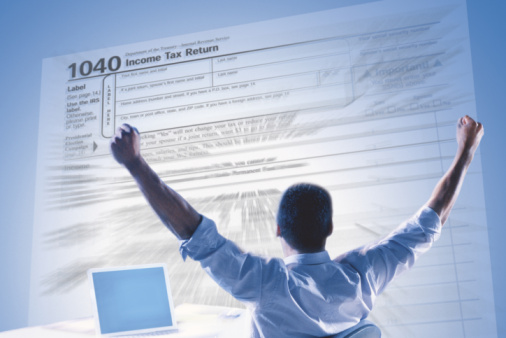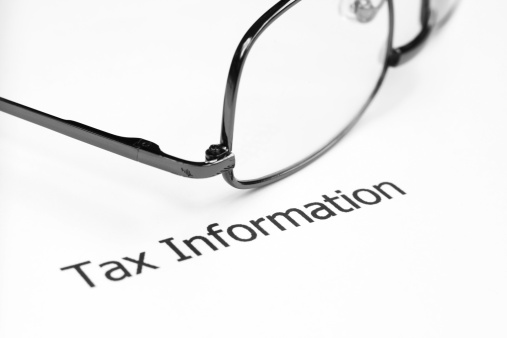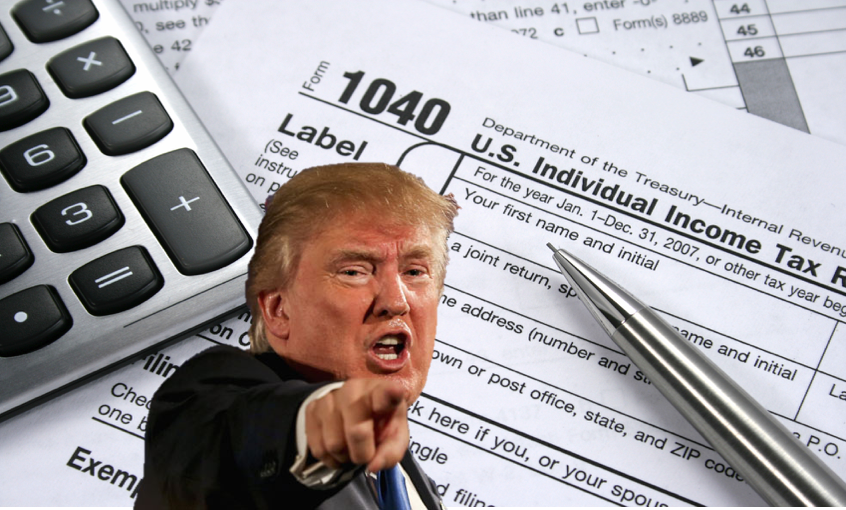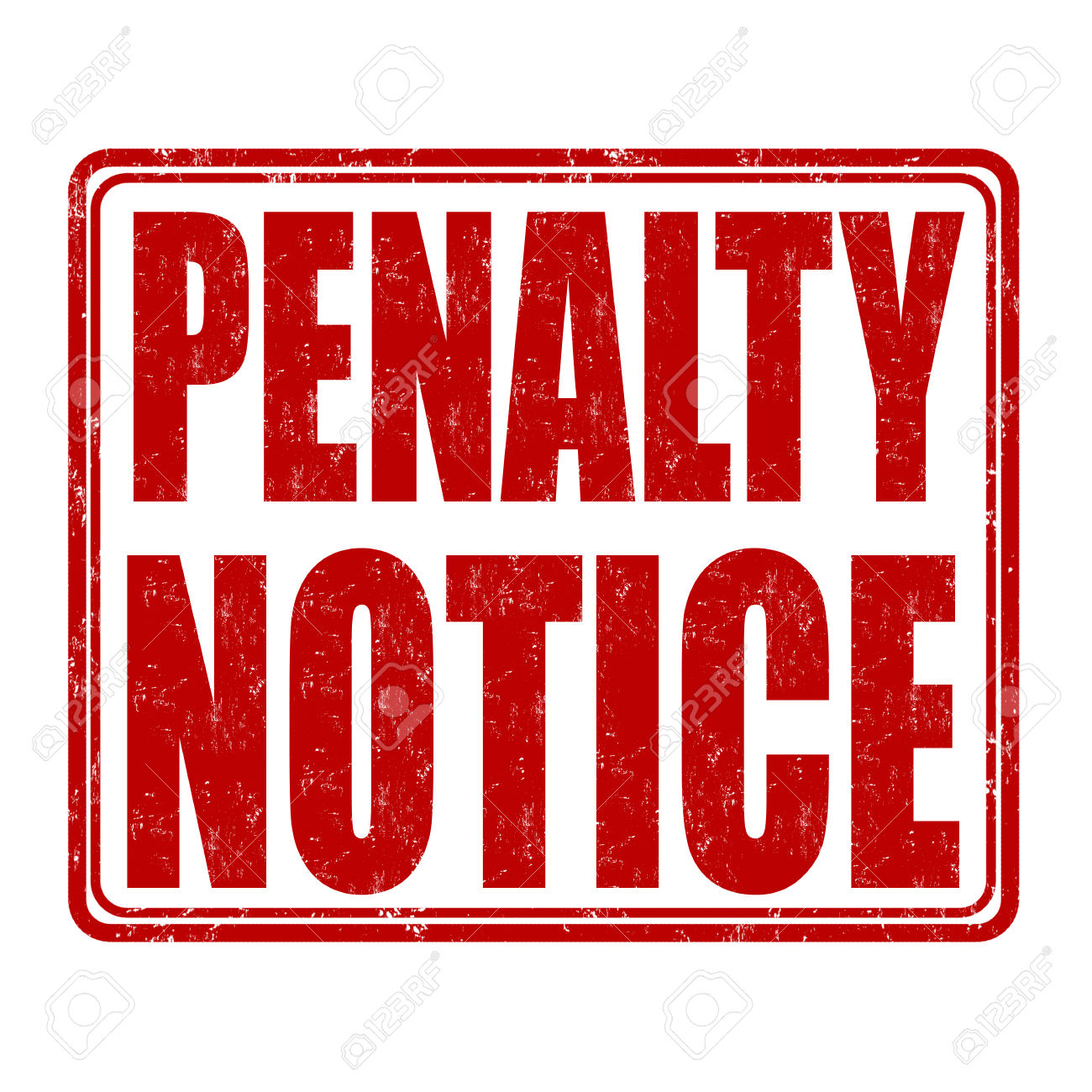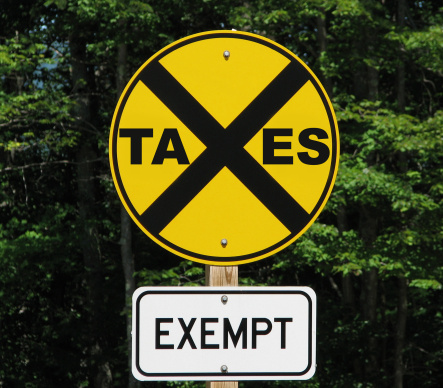Offshore Banks Begin Reporting Under FATCA
The Foreign Account Tax Compliance Act is now live and pulling in data about Americans around the globe. The FATCA international data exchange gateway opened on March 2nd and data began flowing on March 14, 2015.
The FATCA gateway connects nearly all international banks in to the IRS network. Banks will report all accounts owned and/or controlled by US persons… even large companies with one or two US shareholders are being caught up in the net.
FATCA turns offshore bankers in to unpaid IRS agents. They must now investigate all new and old accounts and, should they find an American in the mix, report all transactions to Uncle Sam. If they are uncertain, they will either report or kick you out of the bank. Fines for crossing the IRS are severe, so you can be sure you will be on the losing end of any disagreement.
Of course, this has been tough on those with American parents who’ve been living abroad for decades. These Americans by birth are being kicked out of banks, brokerages and businesses because of their heritage. For example, check out my recent post on the Mayor of London who recently got into a war of words with the IRS… he was born in the US but hasn’t been here since a he was a child.
And the same goes for Americans with bank accounts or investments abroad. We’ve had our options reduced by nearly 80%. And, when we do find a bank that will take us on, we’re hit with all kinds of fees and conditions.
How Does FATCA Affect Me?
If you’re new to the offshore game – planting your first flags abroad this year – then FATCA won’t directly affect you. It might have limited your banking options and cost you money but it does not require you to do anything…. it places no affirmative duty on you which was not there before the law was enacted.
So long as your tax person files the right forms and keeps you in compliance, FATCA is a non-issue. You were always required to report and FATCA is now there to ensure you tow the line. FATCA requires banks to report their US account holders and transactions. It does not require you to file any new or additional forms for 2015.
Think of it as a 1099 from your brokerage account. So long as what you report on your tax return matches up with what’s reported to the IRS, you have no problems.
Here’s to hoping your offshore bank understand FATCA and reports your transactions properly. If they make a major error, (calculate interest incorrectly or add a zero or two to the value of your account) you can expect a knock on your door from the IRS.
Who Should Be Afraid of FATCA?
If you have an unreported offshore account, then you should be very afraid of FATCA. Expect your bank to begin sending information to the IRS about you any day now and get ready for the fall out.
You will need a solid plan on how to report these accounts and should contact a tax attorney or other professional experienced in international tax matters as soon as possible.
And no, the solution is not to begin filing this year and hope no one looks at prior years. Expect IRS computers to identify those with previously unreported accounts… maybe by analyzing interest payments… maybe by auditing those who didn’t file last year but who had accounts as of January of this year… or maybe there’s a prior year check built in to the system we don’t know about.
Bottom line is that you can no longer bury your head in the sand and hope for the best. If you have unreported offshore accounts, the 2014 Offshore Voluntary Disclosure Program might be your ticket out of trouble. If not, now is the time to get right with our government… before the flood of reports through FATCA can be analyzed and the audits begin.
If you have any questions on the OVDI, or would like a referral to a tax attorney or enrolled agent, please contact us at info@premieroffshore.com. Inquires are confidential and I will direct you to a licensed professional who will understand your situation.


